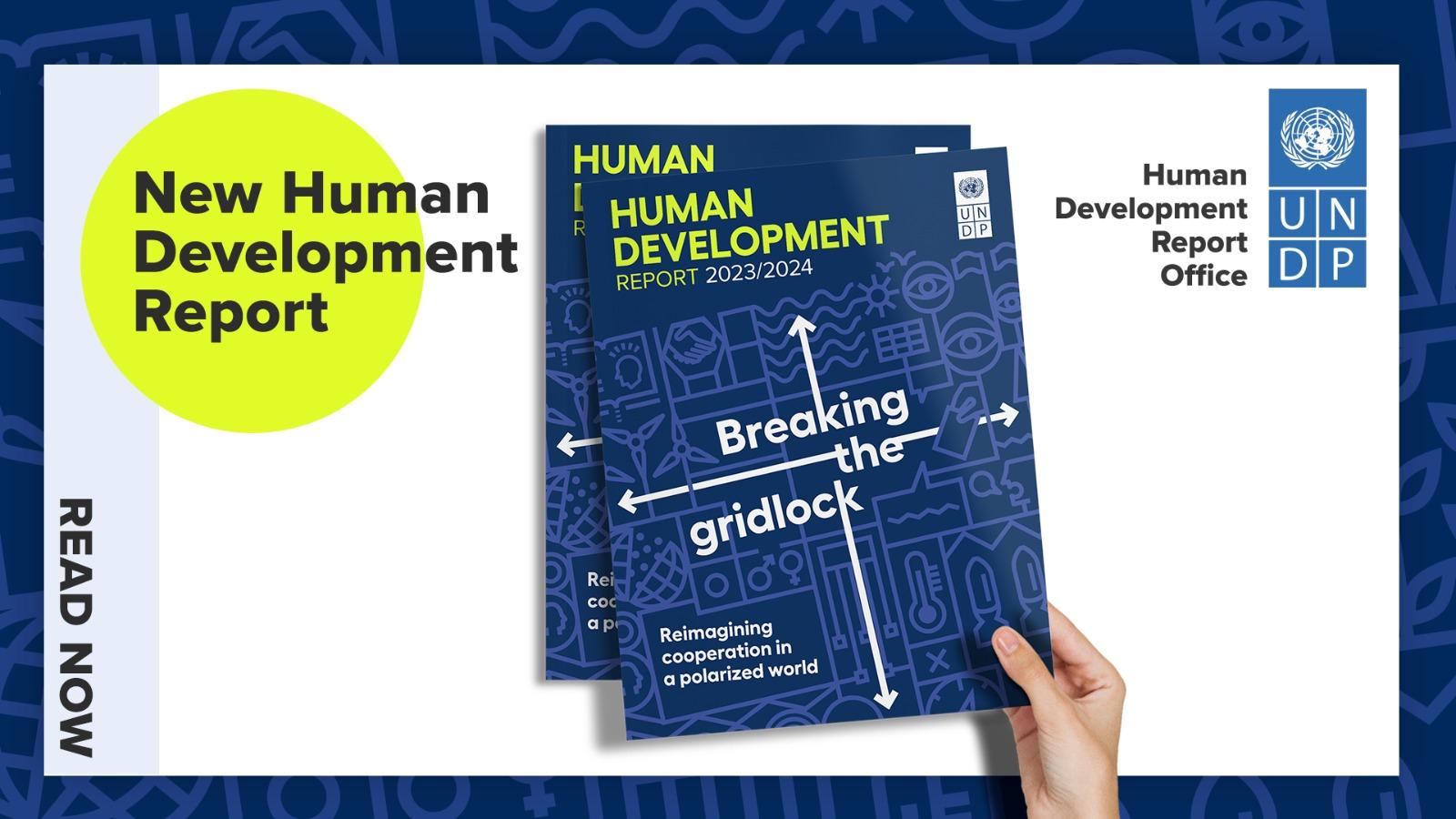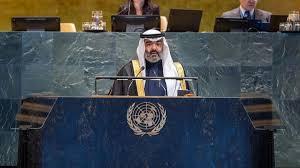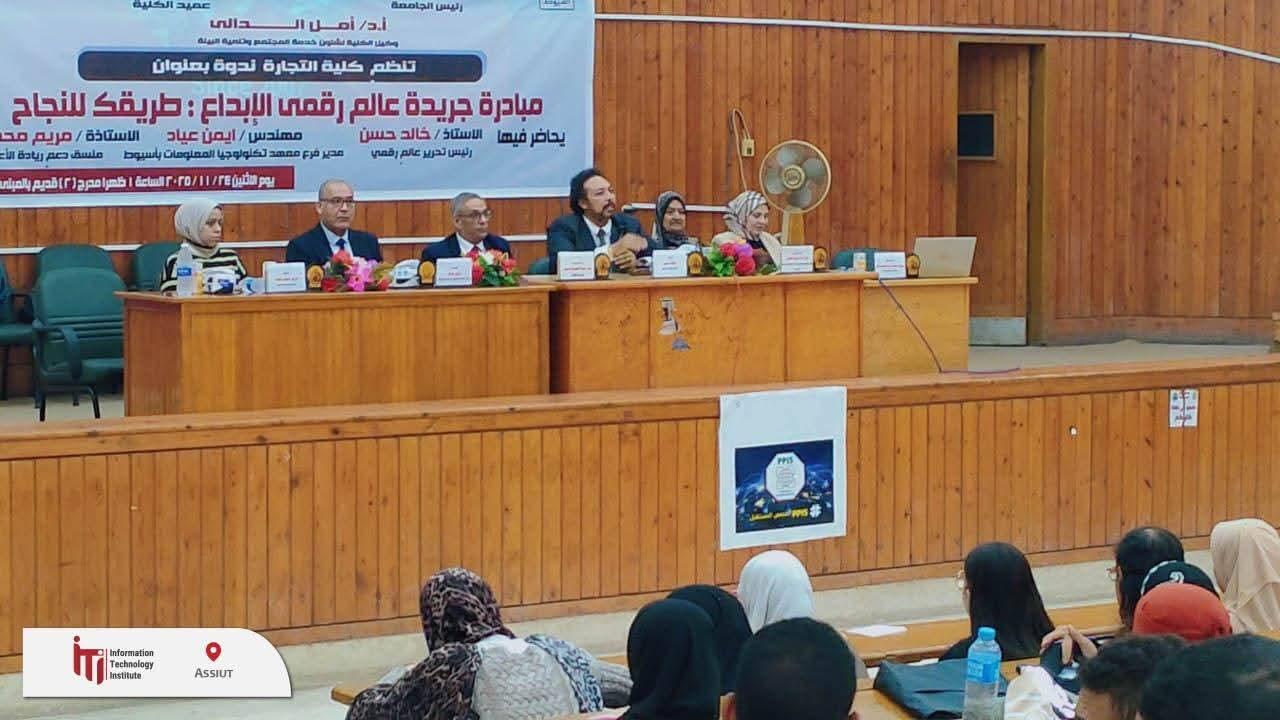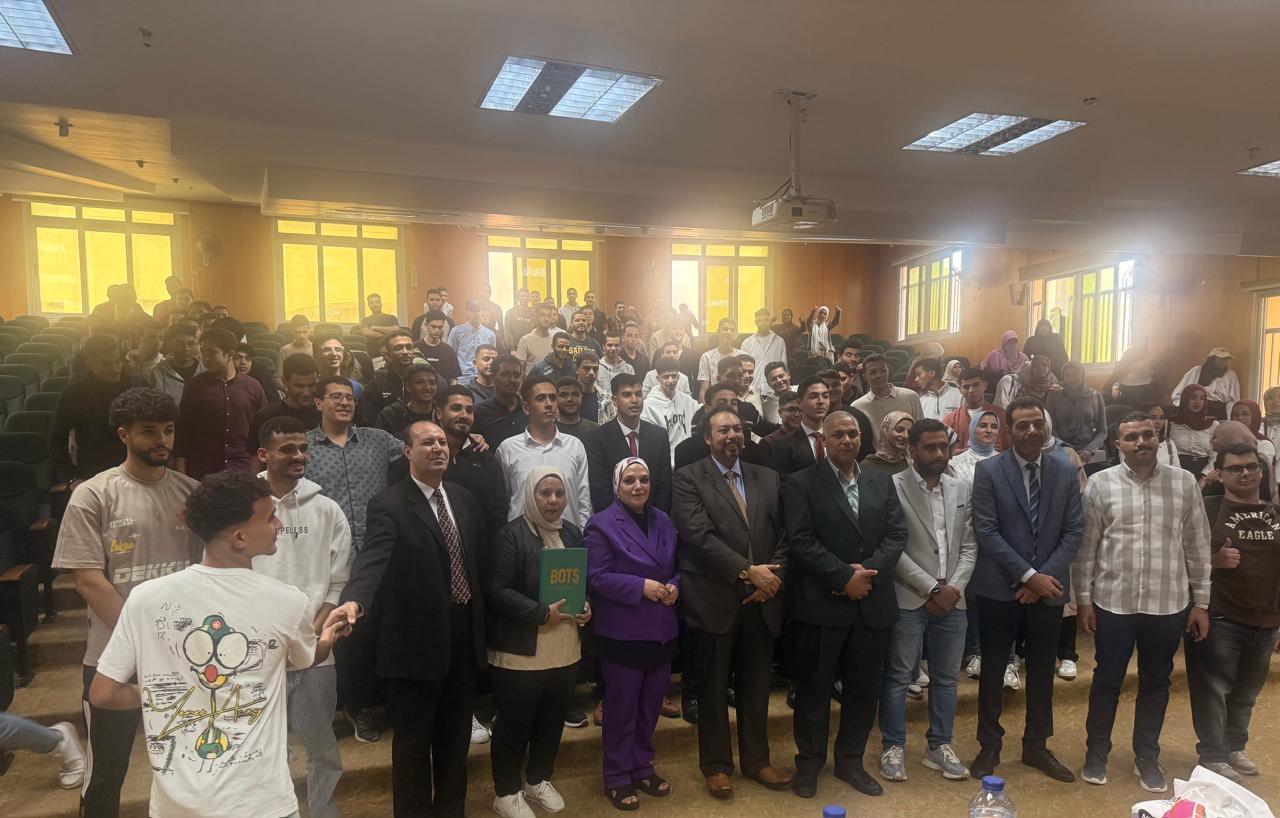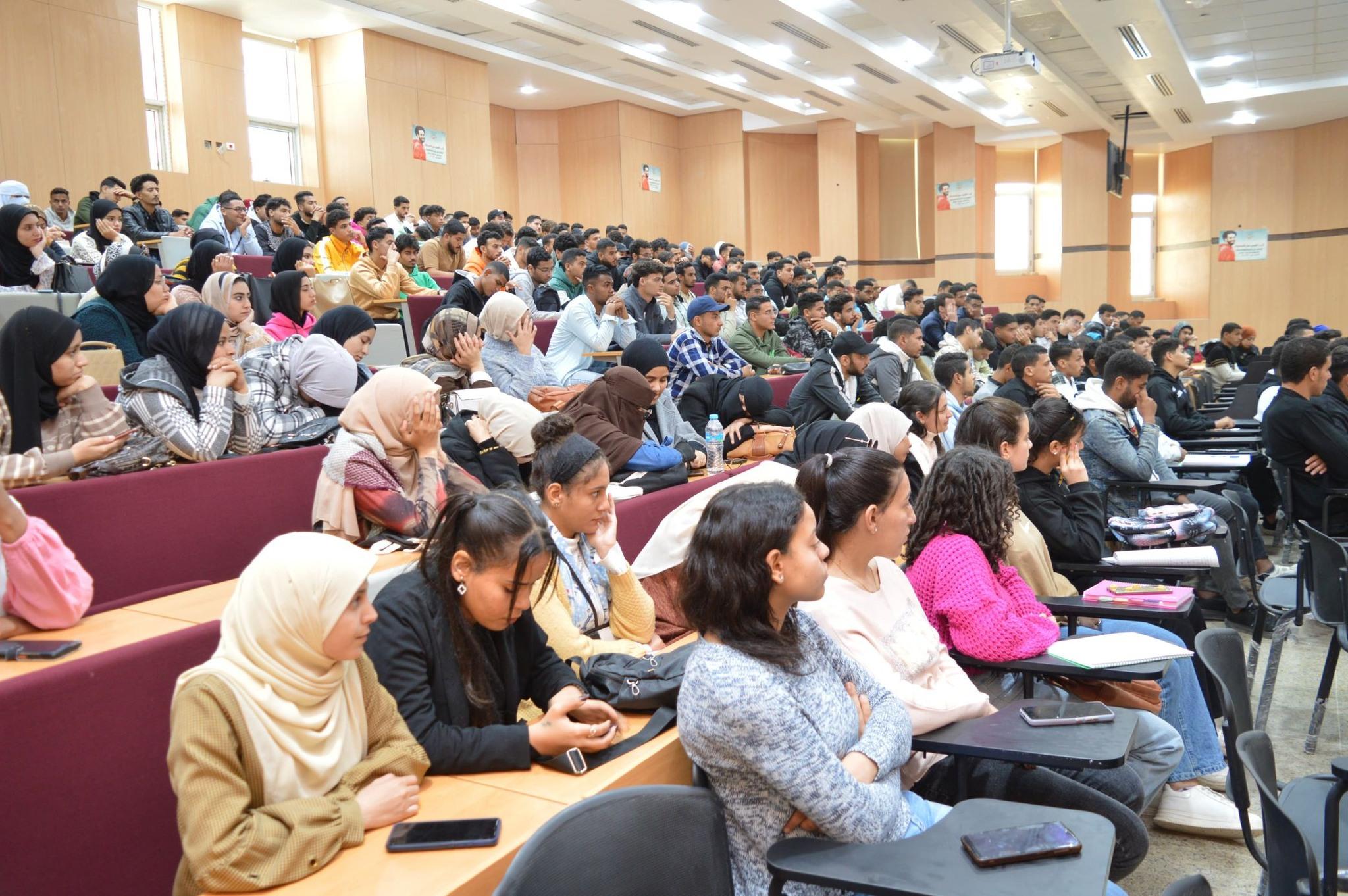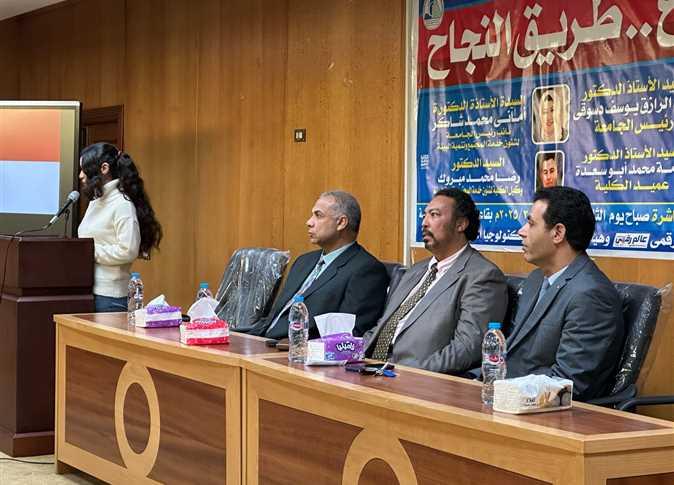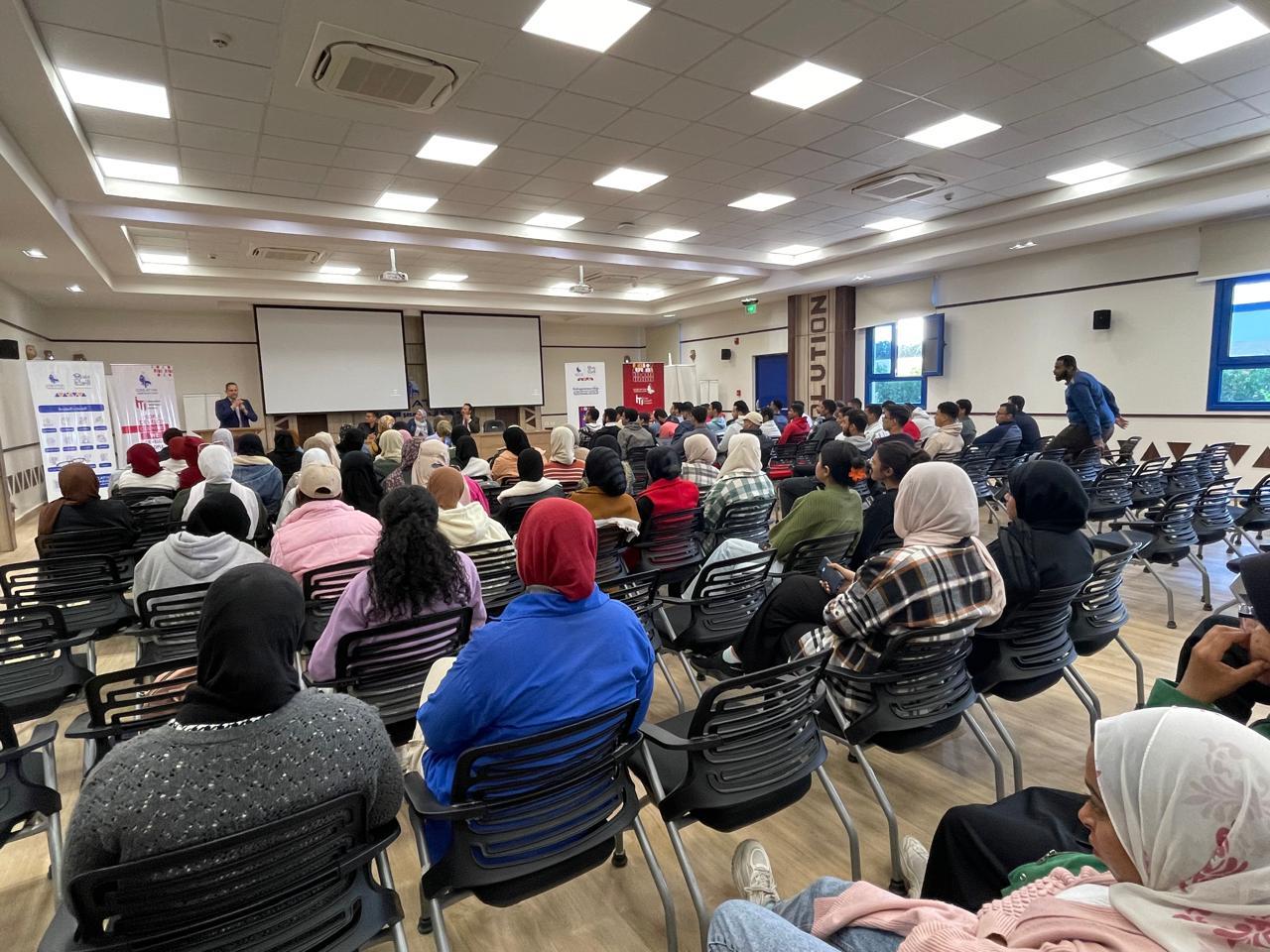- Rich countries achieve record human development, but half of the poor countries have fallen behind
- United Nations Development Programme: Increasing political polarization and lack of trust lead to a dead end in dealing with global challenges
Written by: Wael Elhosany
Uneven development progress leaves the poorest behind, exacerbating inequality and fueling political polarization on a global scale. The implications are a dangerous impasse that must be urgently addressed through collective action, according to a new report released today by the United Nations Development Programme.
The 2023/2024 Human Development Report (HDR), titled “Breaking the Impasse: Reimagining Cooperation: in a Polarized World,” reveals a worrying trend: a recovery in the global Human Development Index (HDI) – a summary measure that reflects gross national income (GNI) per capita. , education, and life expectancy – were partial, incomplete, and unequal.
The Human Development Index is expected to reach record levels in 2023 after sharp declines during 2020 and 2021. But this progress is very uneven. Rich countries are experiencing unprecedented levels of human development while half of the world's poorest countries remain below their pre-crisis level of progress.
Global inequalities are exacerbated by high economic concentration. As noted in the report, approximately 40% of global trade in goods is concentrated in three or fewer countries; In 2021, the market capitalization of each of the world's three largest technology companies exceeded the GDP of more than 90 percent of countries that year.
“The widening human development gap revealed in the report shows that the prevailing trend of reducing equality between rich and poor countries is now moving in the opposite direction. Despite the interconnectedness of global societies, we are falling short. We must leverage our interconnectedness and our capabilities to confront our common and existential challenges.” And to ensure the fulfillment of people’s aspirations,” said Achim Steiner, Director of the United Nations Development Programme, UNDP: “This stagnation carries a huge human toll. “The failure of collective action to advance action on climate change, digitalization, or poverty and inequality not only hinders human development, but also exacerbates polarization and further erodes trust in people and institutions around the world.”
The report finds that the progress of international collective action is hampered by the modern “democracy paradox”: while 9 in 10 people around the world support democracy, more than half of global survey respondents expressed support for leaders who would undermine it by overriding the basic rules of the process. Democracy, according to the data analyzed in the report. Half of people surveyed worldwide reported no or limited control over their lives, and more than two-thirds believe they have little influence over their governments' decisions.
Political polarization is also a growing concern with global repercussions. Along with a sense of powerlessness, it fuels inward-looking policy approaches – which stands in stark contrast to the global cooperation needed to address pressing issues such as decarbonising our economies, the misuse of digital technologies, and conflict, the report's authors say. This is particularly worrying in light of the record-breaking temperature of 2023, underscoring the immediate need for united action to address the climate crisis, or in the emergence of artificial intelligence as a new, rapidly evolving technological frontier with little or no regulatory guardrails.
The report highlights that deglobalization is neither possible nor realistic in today's world where economic interdependence remains high. He points out that no region is close to self-sufficient, because all regions depend on imports from other regions of 25 percent or more of at least one major type of goods and services.
“In a world of increasing polarization and division, neglecting to invest in each other poses a serious threat to our well-being and security. A protectionist approach cannot address the interconnected and complex challenges we face, including pandemic prevention, climate change, and digital solutions,”
Steiner added. “Our problems are intertwined, and require equally interconnected solutions. By adopting an opportunity-based agenda that focuses on the benefits of the energy transition and artificial intelligence for human development, we have an opportunity to break the current stagnation and re-increase commitment to a shared future.”
The report emphasizes how global interconnectedness is being reshaped and calls for a new generation of global public goods. He suggests four areas for immediate action:
- Planetary public goods, for climate stability, as we confront the unprecedented challenges of the Anthropocene.
- Digital global public goods, to achieve greater equity in harnessing new technology to achieve justice in human development;
- New and expanded financial mechanisms, including a new path in international cooperation that complements traditional humanitarian and development assistance to low-income countries;
- Reducing political polarization through new good governance approaches that focus on strengthening people’s voices in deliberations and tackling misinformation.
In this context, the report argues that multilateralism plays an essential role, because bilateral commitments are unable to address the irreducible global nature of the provision of global public goods.
More key data from the report
Of the 35 least developed countries that saw their HDI decline in 2020 and/or 2021, more than half (18 countries) have yet to recover to their 2019 levels of human development.
· Not all developing regions have achieved the HDI levels expected based on the trend before 2019. They appear to have shifted lower on the HDI, indicating potentially permanent setbacks in future human development progress.
· The impact of human development losses is most acute in Afghanistan and Ukraine. Afghanistan's HDI has declined for a staggering decade, while Ukraine's HDI has fallen to its lowest level since 2004.
· The report cites research indicating that countries with populist governments have lower GDP. Fifteen years after a populist government took power, per capita GDP remains low and has been found to be 10 percent lower than it would be under a non-populist government scenario.
Key data for Egypt from the report:
• Egypt’s Human Development Index value for 2022 is about 0.728 – which places the country in the high human development category.
• At the global ranking level, Egypt rose from position 116 out of 189 countries in 2019 to position 105 out of 193 countries and regions in the Human Development Index 2022/23. This progress reflects Egypt's efforts to reduce the development gap.
• The value of the Human Development Index in Egypt changed from 0.567 to 0.728, with a change rate of 28.4% between 1990 and 2022.
• Between 1990 and 2022, the average life expectancy at birth in Egypt increased by 6.0 years, the expected years of schooling increased by 3.7 years, the average years of schooling increased by 4.5 years, and the per capita national income in Egypt increased by about 101.6% between 1990 and 2022.
• The report also published several revisions to the main Human Development Index, including the revised Planetary Pressures Index (PHDI), which represents pressures on the planet and captures intergenerational inequalities. It takes into account each person's CO2 emissions (based on production) and the individual's physical footprint. Egypt's PHDI is 0.695 which ranks Egypt at 91, translating to Egypt's relatively lower planetary footprint per capita.
